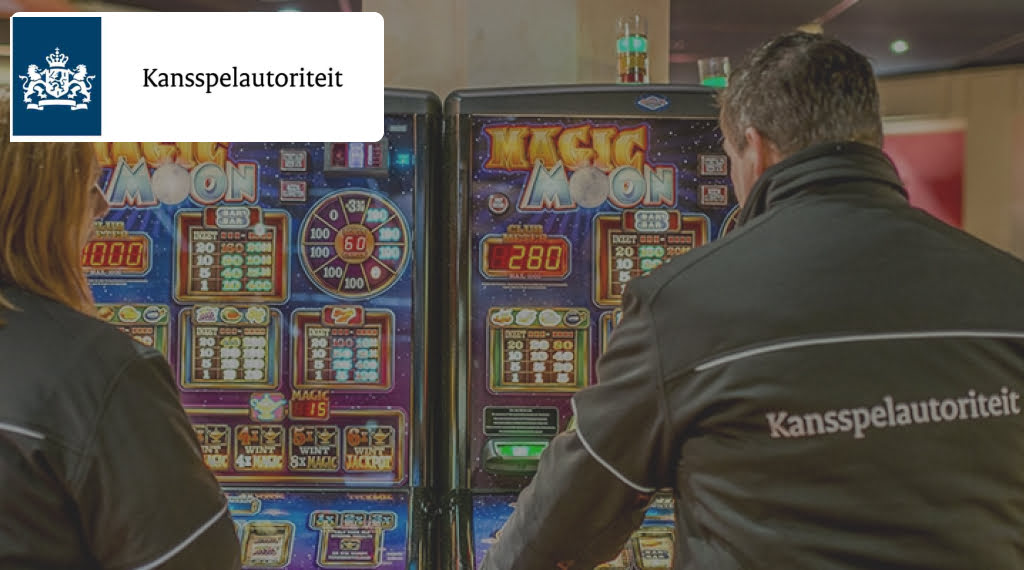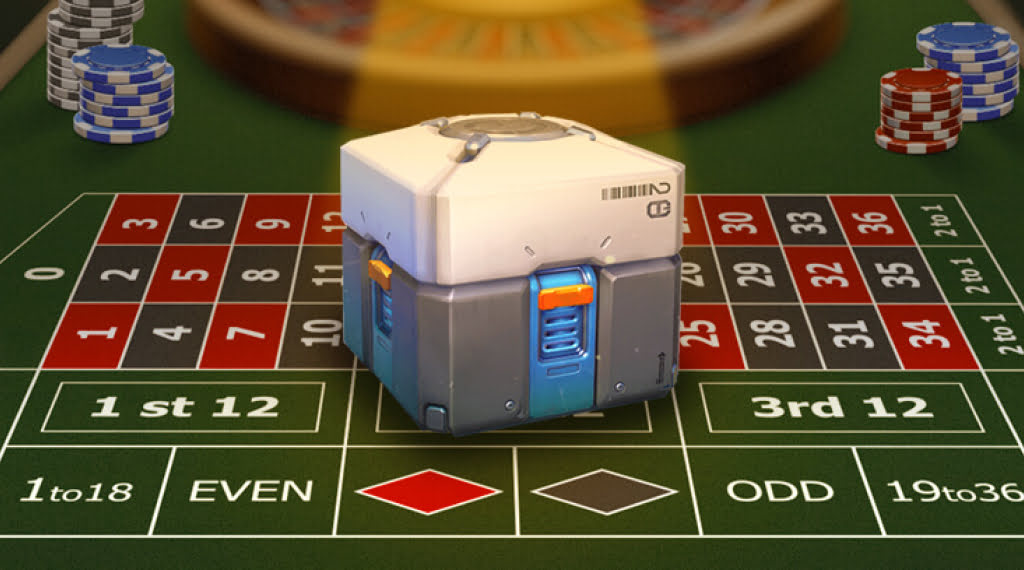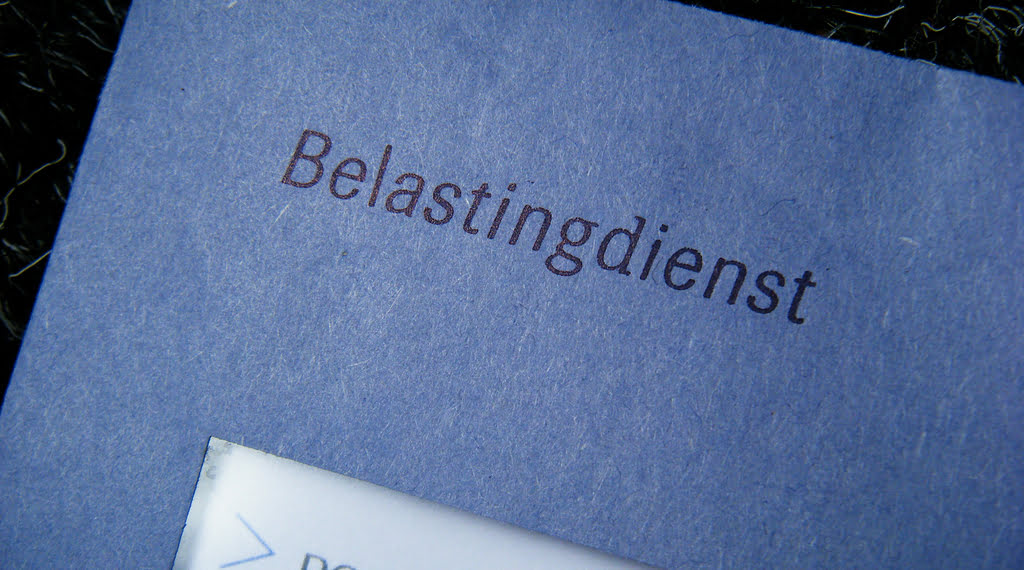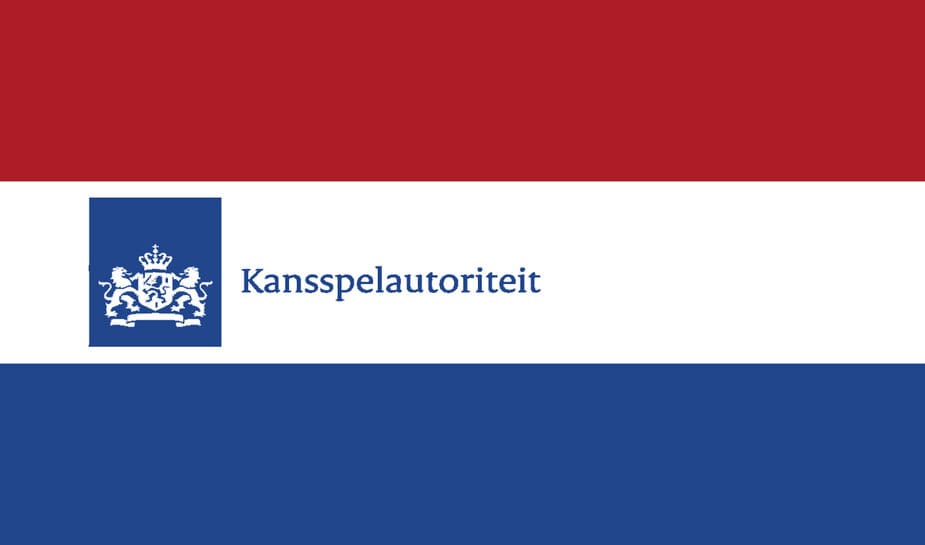Gambling authority
Estimates show that around one million New Zealanders gamble online. That number has been rising for years. However, few will be aware of the role that the gambling authority plays in the field of online gambling. The Gambling Authority is the organization that oversees all gambling traffic in New Zealand.
This authority ensures that all games of chance in New Zealand are conducted fairly, that the lotteries organized in New Zealand adhere to strict rules. The KSA also regulates how municipalities should deal with associations that organize lotteries themselves. Until recently, the Gambling Authority was also responsible for inhibiting the growth of online gambling in New Zealand.








